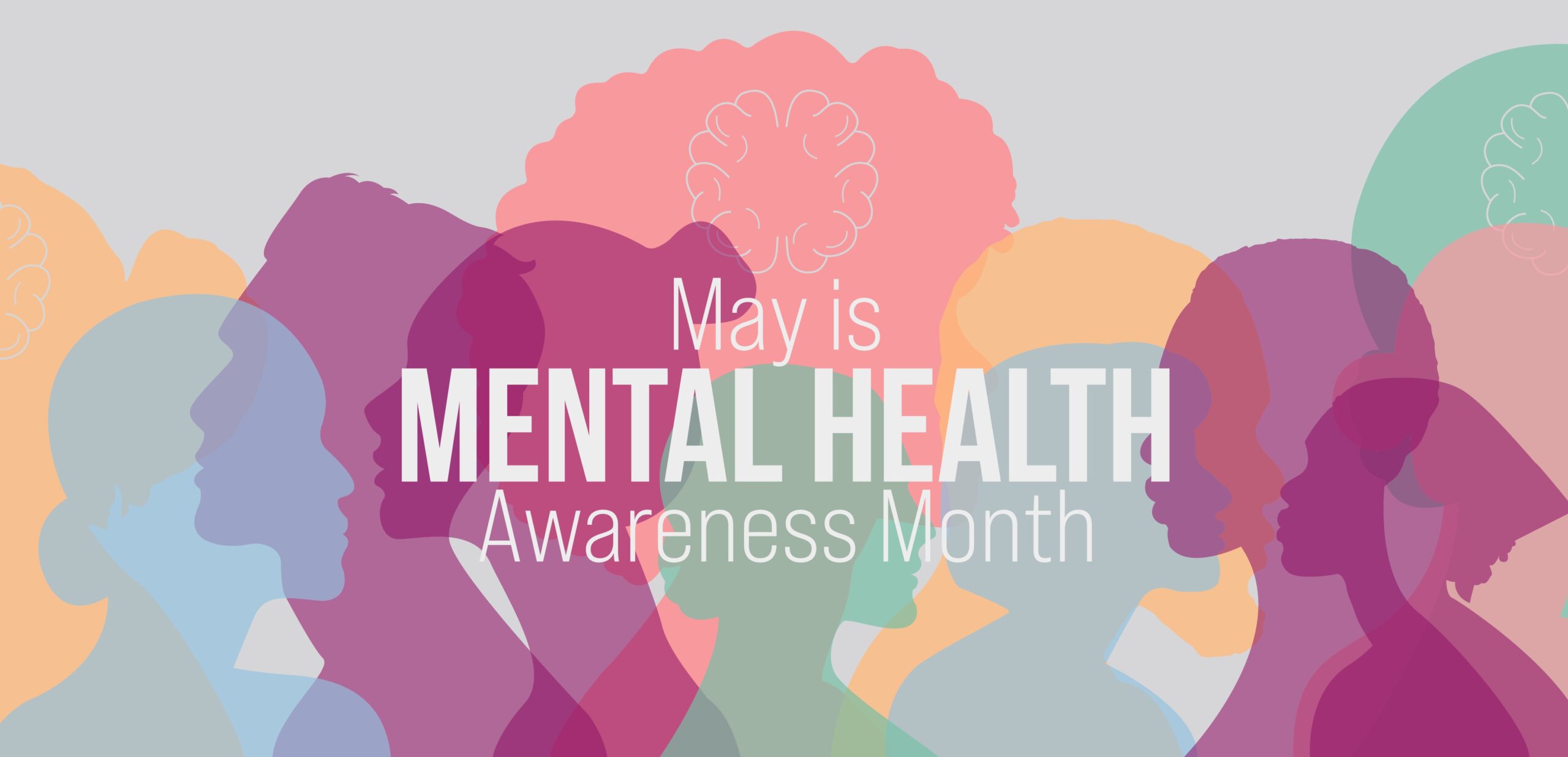Let’s chat fats! Some of us love them, some of us fear them but let’s chat why we all need them! Fats are a macronutrients which means they are NEEDED in our body. It may seem that fats are responsible for many health problems however, that is not true. Fats help with the absorption of fat-soluble vitamins such as Vitamin A, D, E and K (1).
There is different types of food fats with some being better for our health than others. Thus, it’s important to be mindful of the types of fat consumed and how they can impact our good cholesterol (known as high-density lipoprotein [HDL-C]) and bad cholesterol (low-density lipoprotein [LDL-C]). High levels of LDL can cause buildup of plaque in blood vessels increasing the risk of cardiovascular disease. The HDL-C carries LDL-C cholesterol away from the arteries to the liver which further breaks down cholesterol into bile salts hence known as the good cholesterol (5).
Types of Food Fats
Let’s talk about the different types of fats and the role they play on our health.
Saturated Fats
Saturated fats are solid at room temperature hence it is also known as solid fat. They are found in animal foods such as milk, cheese and meat. Red meat has more saturated fats than poultry and fish (1). Saturated fats, when consumed in high amounts can raise LDL-C levels. Fatty meats, full-fat dairy products, butter, hard margarine, lard, coconut oil, ghee, vegetable ghee and palm oil are foods that contain saturated fat (2). Highly processed foods are also a major source of saturated fats, these foods include hot dogs, burgers, deli meats, cookies, donuts, cakes, chips and french fries (2).
Overall, we want saturated fats in moderation!
Trans Fats
There are two types of trans fats: naturally occurring and artificial trans-fat (4). Naturally occurring trans fats are found in beef fat and dairy fat in small amounts. Artificial trans-fats are made by heating liquid vegetable oils with hydrogen gas and catalyst. These partially hydrogenated vegetable oils make fats more stable and make the oil solid that functions as margarine or shortening. They can withstand repeated heating without breaking down (3).
Trans fats raises LDL-C levels and lower HDL-C levels contributing to insulin resistance and have other harmful effects. For each 2% of calories from trans-fats consumed daily, the risk of coronary heart disease increases by 23% (3).
Overall, we want to limit our intake of dietary trans fat and ideally have 0 grams in a day.
Unsaturated Fats
These types of food fats are liquid at room temperature and mostly come from plants (1). They are considered beneficial as they improve blood cholesterol levels and stabilize heart rhythms. They are predominantly found in plant-based foods such as nuts and seeds (3).
Unsaturated fats are further categorized into monounsaturated and polyunsaturated fats (3).
-
Monounsaturated fats:
Found in olive, peanuts and canola oils, avocados, nuts and seeds such as pumpkin and sesame seeds
-
Polyunsaturated fats:
- Found in sunflower, corn, soybean and flaxseed oils, walnuts, flax seeds, and fish such as salmon or rainbow trout.
- Omega-3 fats are an important type of polyunsaturated fat, which the body cannot make so they must come from food. These fats are anti-inflammatory and stable.
- Omega 6 is another type of polyunsaturated fat found in liquid vegetable oils like soybean oil, corn oil and safflower oil (1). These fats are pro-inflammatory and often highly refined meaning they are not stable.
What kind of fat should I be consuming?
Nutrition plays an important role in combating inflammation and chronic diseases. According to Canada’s Food Guide, lowering the consumption of saturated fats can lower the risk of developing heart disease (7).
Oils that are high in saturated fats and omega-6 polyunsaturated fats should be consumed in small amounts. Excess consumption of omega-6 can cause the body to produce pro-inflammatory chemicals and free radicals in our body which can be damaging (6).


The graphics above give you an idea of the different types of food fats available. Choose oils that are higher in monounsaturated fat or omega-3 polyunsaturated fat such as olive oil, avocado oil, and flaxseed oil. Any oil high in omega-6 fat and trans fats should be avoided such as corn oil, soybean oil and canola oil and margarine (7). Although oils are liquid at room temperature, that doesn’t always mean they are better for us!
Struggling with high blood pressure or high cholesterol? Book a free discovery call today to discuss your healthcare goals.




